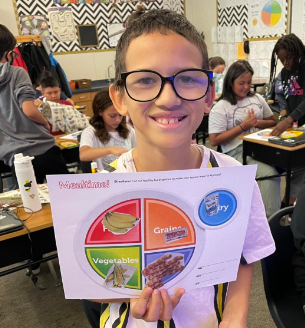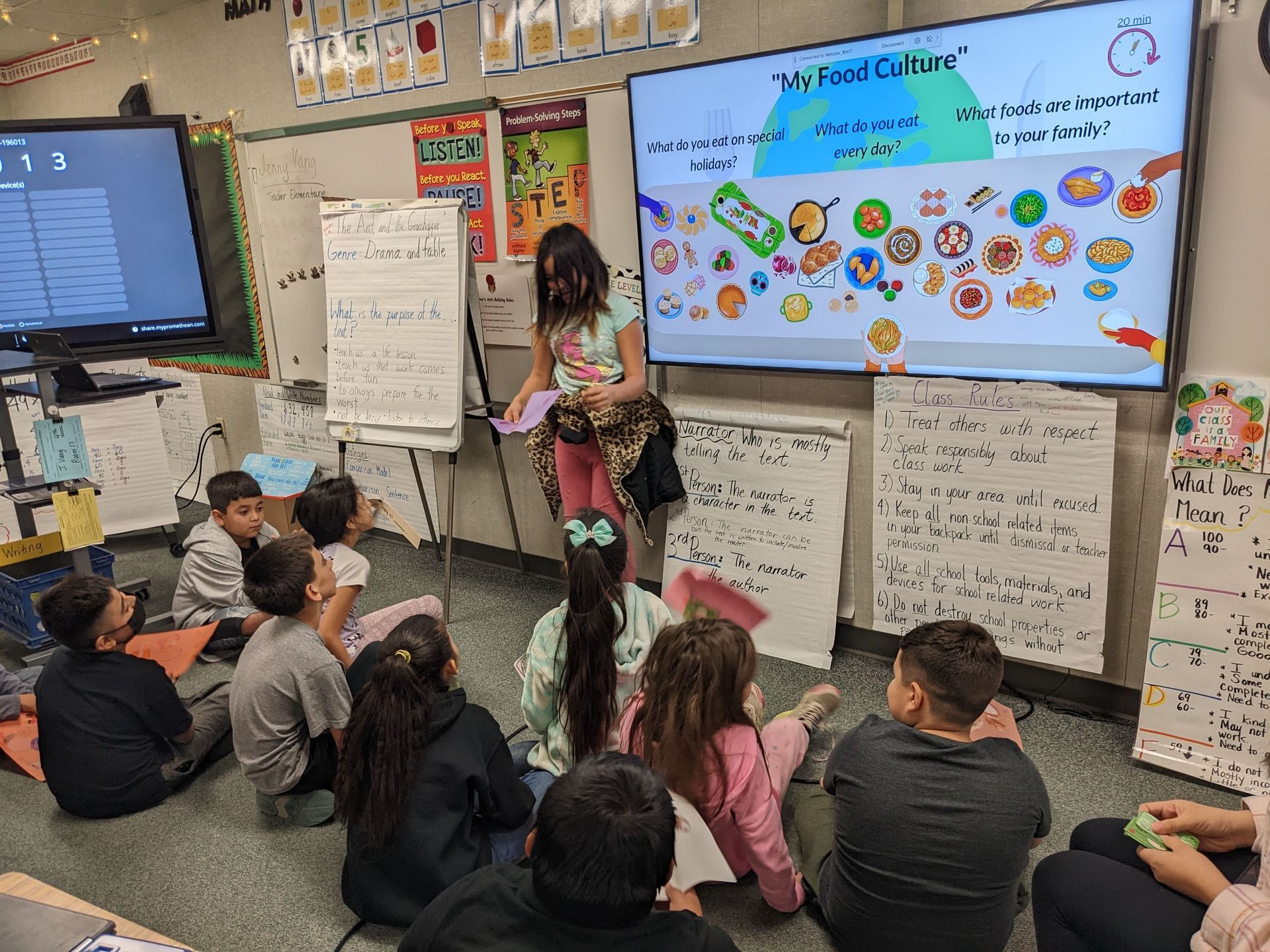FRESNO METRO MINISTRY
Fresno Food Security Network
The Fresno Food Security Network (FFSN), staffed by Fresno Metro Ministry, promotes food security in Fresno County through cross-sector collaboration toward a more efficient, healthy food system. Over 200 leaders from 60 organizations are working together to change the fact that Fresno County is the 3rd highest food hardship county in the U.S. right in the middle of the most robust food-producing region in the world.
Fresno Metro’s FFSN holistically addresses food system issues by bringing community members together. Members come from diverse industries, government, public agencies, and non-profit sectors to promote local food systems' social, economic, and environmental health and equity.
The FFSN is a collaboration of community organizations and leaders committed to significantly increasing food access and healthy food consumption by utilizing standardized tools to address the diversity of community needs in Fresno County. It seeks to link its efforts with similar initiatives and programs across the San Joaquin Valley.
The FFSN’s six policy categories of focus:

Healthy Food Access:
Healthy, high-quality food is consistently and readily available, accessible, and affordable across all neighborhoods. Communities in an area know how to obtain and utilize culturally relevant and respectful foods.
• Desirable and high quality
• Nutrient-dense
• Easily attainable

Food Waste Prevention:
Food waste is food that is safe to eat and that is thrown away or left uneaten due to extra products from food businesses or consumer shopping and eating habits. The causes of food waste or food loss are many, and they happen at each step of the food system. While growing, being cut and cooked, being taken to stores, in stores, and when bought and eaten. Food waste prevention includes recovering safe-to-eat food, which also helps in reducing food waste.

Emergency Hunger Relief:
Gives food at no cost to those who need short-term hunger relief for only a short time (caused by natural disasters, COVID, etc.) Through places like emergency food pantries (food storage rooms), food banks, soup kitchens, and community meal programs.

Economic Development:
Involves sharing money and goods in a way that is best for the well-being of the local community and people. It focuses on being able to get housing, health care, good schools, parks, higher education, and everything in between.

Transportation, Land Use, and Regulation: Working with the local government to fix methods, rules, permits, and transportation. By simplifying rules, how to get permits, changing government codes, and transportation changes.

Equity, Resilience, & Results Evaluation:
To make sure that equity is the leading focus of the Food Policy Council. This will be done by reviewing the effects of policy regularly. And changing programs and investments to better serve the community based on those reviews. Utilizing data, mapping, and consistent and inclusive community engagement as tools. These methods will meet the community's needs for nutritional health and support more people being able to get healthy food. The support will be built through food businesses’ relationships with the community, racial equity, justice, trauma-informed approaches, and the building of permanent resources and programs.



